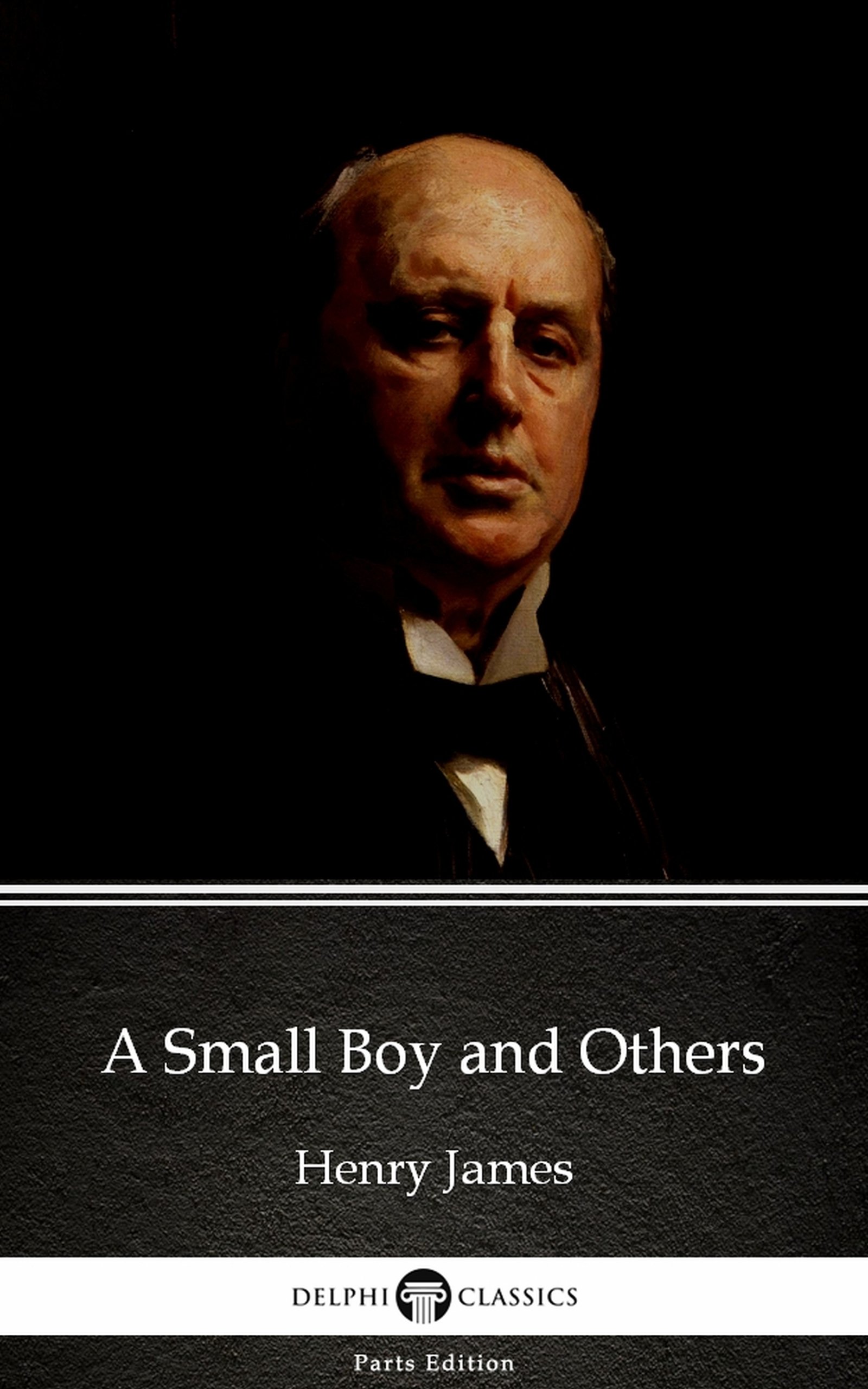What do you think?
Rate this book


"Henry James looked back at his past with the same search for the truths of the emotions which Proust was to show in his novel "A la Recherche du Temps Perdu."" Leon Edel
5.5 x 8.5 in.
211 pages, Kindle Edition
First published January 1, 1913